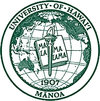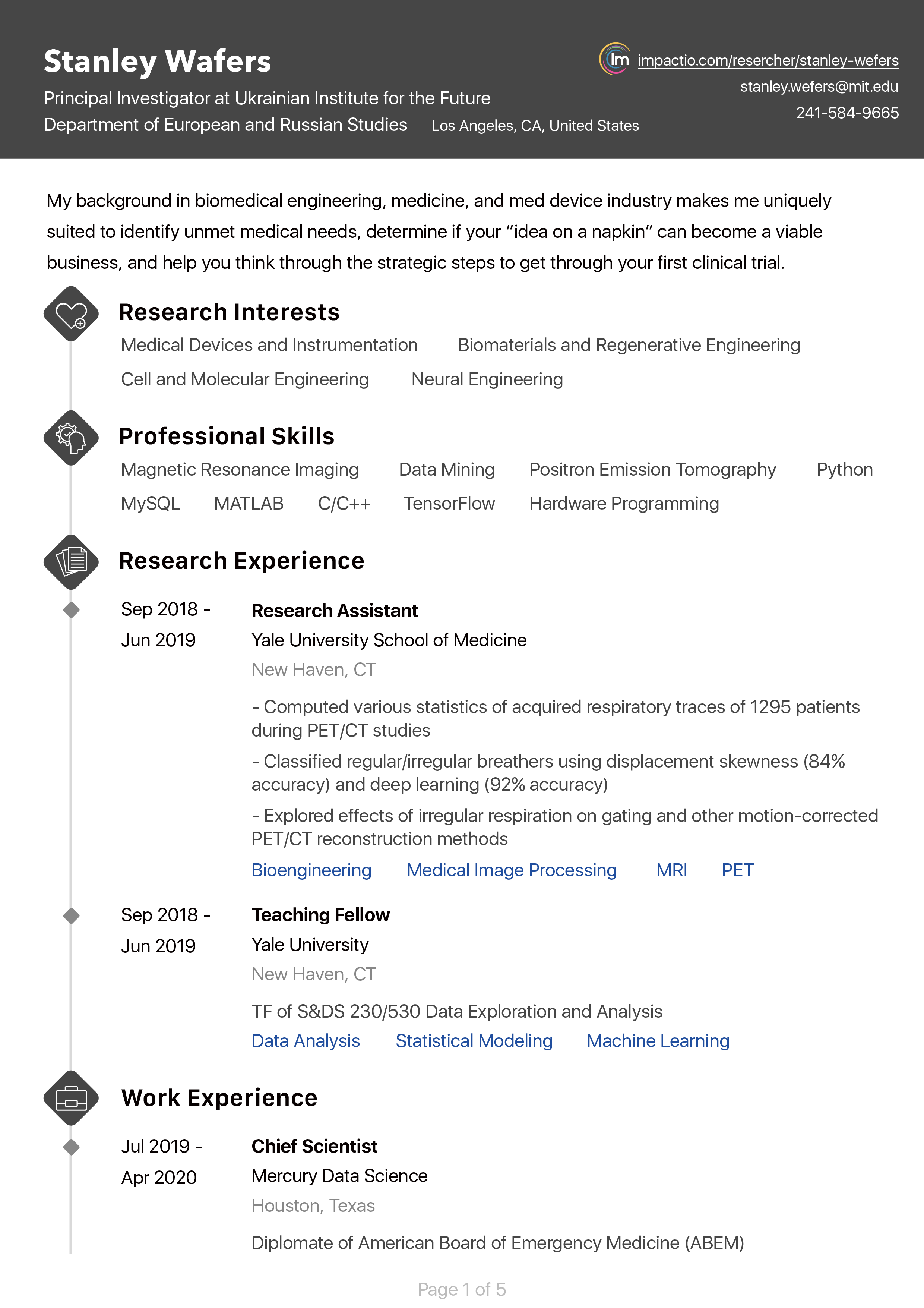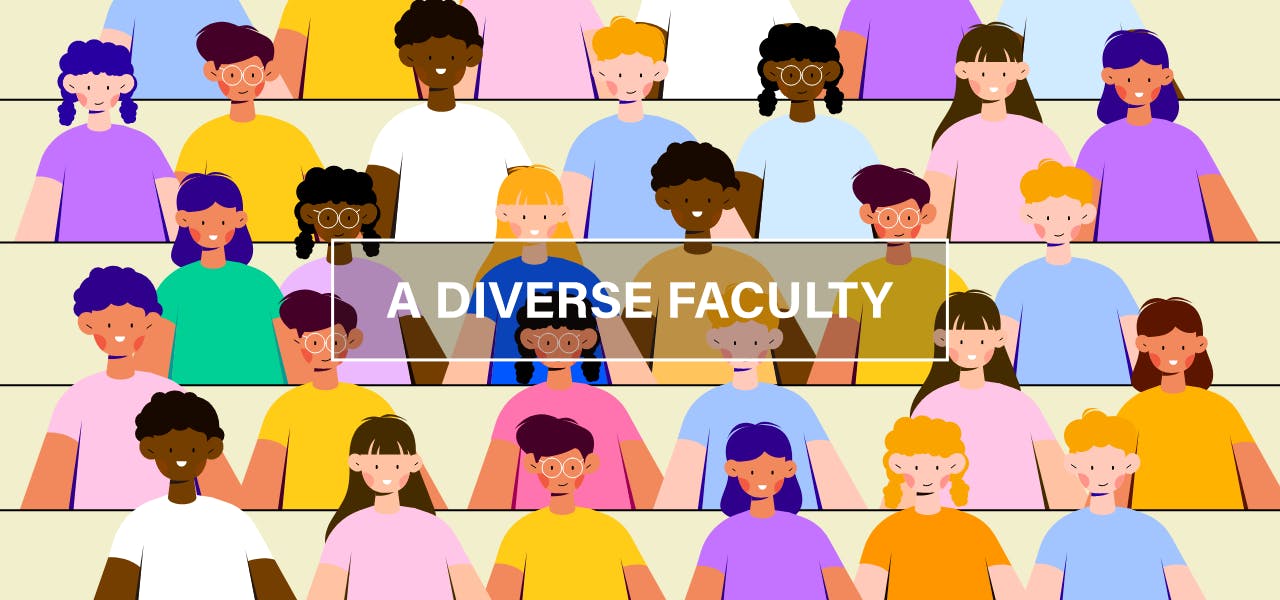About
Joseph Keawe'aimoku Kaholokula is Professor and Chair for the the Department of Native Hawaiian Health at the John A. School of , University of Hawaiʻi at Mānoa. His NIH-funded research focuses on community-based interventions to address cardiometabolic related disparities with Native Hawaiian and Pacific Islander communities. He is also leading the efforts to build a state-wide clinical and translational research infrastructure to improve the health and wellbeing of Indigenous Pacific Peoples.
Insulin Resistance
Nutrition
Ethnicity
Diabetes
Metabolism
Clinical Health Psychology
Culture
Cultural Diversity
Functional Analysis
Hypertension
Professor (Full)
University of Hawaiʻi at Mānoa
October 2014 - Present
Honolulu, United States
Professor (Full)
University of Hawaiʻi at Mānoa
August 2011 - Present
United States
NHH 499/699: Directed Reading and Research in Native Hawaiian Health
Head of Department (Chair)
University of Hawaiʻi at Mānoa
January 2011 - Present
Honolulu, United States
Associate Professor
University of Hawaiʻi at Mānoa
October 2009 - September 2014
United States
Assistant Researcher
University of Hawaiʻi at Mānoa
October 2004 - July 2009
United States
Research Associate
University of Hawaiʻi at Mānoa
August 1994 - June 2001
United States
Professor and Chair
University of Hawaii at Manoa
October 2004 - Present
Honolulu


Tripler Army Medical Center
Jul 2003 - Aug 2004
Clinical Health Psychology/Behavioral Medicine

University of Hawaiʻi at Mānoa
Dec 2002 - Dec 2003
Clinical psychology
Robert W. Clopton Award for Distinguished Community Service
May 2015
The Judy E. Hall, Ph.D. Early Career Psychologist Award
Aug 2007
American Diabetes Association, Hawai‘i – Outstanding New Program Volunteer
Jun 2002
Hawai‘i Psychological Association, Student Research Award
Sep 2001
Native Hawaiian Leadership Project Scholarship
Jan 2000
Pasifika Prediabetes Youth Empowerment Programme
COVID-19 and Health Inequities
Native Alzheimer’s Disease Resource Center for Minority Aging Research (NAD RCMAR)
Transdisciplinary Health Disparities Research Training for Native Hawaiians and Pacific Students
This is a health science research training program funded bu the National Institute on Minority Health and Health Disparities (NIMHD; T37MD008636) to train undergraduate and graduate students from populations underrepresented in health science research, with a emphasis on Native Hawaiian and other Pacific Islander students.
Educational Perspectives Special Issue on Native Hawaiian Education
AAJOP Special Issue: Advancing Native Hawaiian and other Pacific Islander health
MALAMA Project
The MALAMA (Mini Ahupua'a for Lifestyle And Mea'ai [food] through Aquaponics) program was conceptualized to build on previous community grassroots efforts related to backyard aquaponics in order to address the pervasive burden that Native Hawaiians currently face with regards to high rates of nutrition-related diseases. This is the first known aquaponics health intervention to date. Consistent with Indigenous Health Promotion ideals, the goal of the MALAMA program is to restore cultural practices and food sovereignty through modem agricultural technology and Hawaiian cultural values in Waimanalo.
Chewing the facts on fat!
Intervention Research to Improve Native American Health (IRINAH)
Intervention Research to Improve Native American Health (IRINAH), a network of principal investigators and their partners, funded by the National Institutes of Health (NIH), was launched in 2011 through a program titled “Interventions for Health Promotion and Disease Prevention in Native American (NA; includes Native Hawaiians) Populations.” Native American populations are exposed to considerable risk factors that significantly increase their likelihood of chronic disease, substance abuse, mental illness, oral disease, and HIV infection. The IRINAH program was created to develop, adapt, and test the effectiveness of health-promotion and disease-prevention interventions in NA populations. The long-term goal of the funding opportunity announcement (FOA) is to reduce mortality and morbidity in NA communities. IRINAH also provides a forum for discussions on the challenges and opportunities to improve health in NA populations across the United States.
New Zealand Collaborative Projects
Hawaiian Homestead Health Survey Project
SCCDCN-II
Behavioral Assessment and Functional Analysis
Native Hawaiian Health Task Force
Promoting Optimal Native Outcomes (PONO) Project
Native Hawaiian Health Research Project/Kohala Health Study
The Native Hawaiian Health Research Project followed by the Kohala Health Study (aka, Kohala Multiethnic Study) were epidemiological investigations of cardiovascular and diabetes prevalence and their biological, behavioral, and psychosocial risk factors in Native Hawaiians and other ethnic groups in Hawai'i. These projects were funded by the National Center for Research Resources of the National Institutes of Health.
Malama Puuwai Study: Reducing Cardiovascular Disparities in Native Hawaiians and Pacific Islanders
The Mālama Pu'uwai Study was a randomized control trial (RCT) to test the efficacy of a culturally-informed heart failure (HF) education and support program for Native Hawaiians and Pacific Islanders. It was a partnership between The Queen's Medical Center and the Department of Native Hawaiian Health at the John A. Burns School of Medicine with funding from the National Heart, Lung, and Blood Institute of the National Institutes of Health.
Social and Cultural Determinants of Native Hawaiian Health
Studies under this project title focus on the social and cultural determinants of Native Hawaiian health, mainly the effects of racism/discrimination on their physical and mental health status.
PILI 'Ohana Project: Partnership to Overcome Obesity Disparities in Hawai'i
The aims of this community-based participatory research project were to develop, test, and disseminate community-placed interventions to address obesity and obesity-related chronic diseases, such as diabetes, in Native Hawaiians and Pacific Islanders. This project was continuously funded for 11 years by the National Institute on Minority Health and Health Disparities of the National Institutes of Health.
KaHOLO Project: Preventing Cardiovascular Disease in Native Hawaiians
Native Hawaiians (NH) have higher rates of chronic diseases, such as cardiovascular disease (CVD), diabetes, and cancer. Hypertension (HTN), an important modifiable risk factor for CVD, is 70% higher in Native Hawaiians (NH) than in Whites. In fact, NH are 3-4 times more likely to develop CVD conditions, such as stroke and coronary heart disease, and at a younger age. In addition to prescribed medication, improvements in HTN can be achieved through increased physical activity (PA) and self-management education (e.g. stress management, reduces sodium intake, weight-loss, and smoking cessation). Yet, many commonly prescribed PA, such as jogging and use of treadmills, are difficult for NH to initiate and maintain because of socioeconomic barriers and lack of alignment with NH preferred modes of living and cultural values (i.e. familial interdependence, group-based PA, cultural PA). This proposed research uses hula, the traditional dance form of NH and hallmark of NH culture, as the PA basis for a culturally relevant and sustainable CVD prevention program targeting HTN management. Hula training is popular, not only Hawai'i, but across the U.S. through the 784 hālau hula (hula schools) found in most States. Using a community-based participatory research (CBPR) framework, a hula-based CVD health intervention was strongly endorsed by Kumu hula (hula experts and guardians of hula traditions), NH individuals, and communities. Further, hula training was determined to yield metabolic equivalent of energy expenditure as a moderate and vigorous intensity PA. Data from our pilot CBPR randomized control trial (RCT) study found that 60 minutes of hula training twice a week for 12 weeks reduced systolic blood pressure (BP) by 7.5 mmHg (SD=16.5) more than the control group, but the long-term effects were mixed and the study did not assess CVD risk. Interestingly, the pilot intervention also improved social functioning, reduced physical pain, and perceived racial discrimination, suggesting a possible psychosocial and socio-cultural mechanism by which the intervention affects BP. In this application we offer a CBPR guided RCT of 250 NH with physician-diagnosed HTN in Hawai'i and Washington State. We will compare the effects of a 6-month intervention that combines hula training and brief culturally-tailored HTN self-management education delivered by peer educators and Kumu hula to a wait-list control group in reducing systolic BP and CVD risk scores. We will also determine the mediating effects of health behaviors (e.g., smoking), self-regulation, psychosocial (e.g., social support), and socio-cultural factors (e.g., perceived racism) on blood pressure reduction. Our goal is to build on the existing widespread infrastructure of hālau hula and NH organizations to deliver a sustainable, culturally-preferred CVD prevention program.
Realted Researchers








